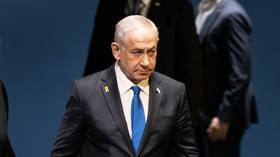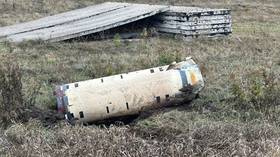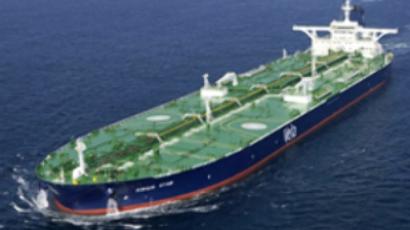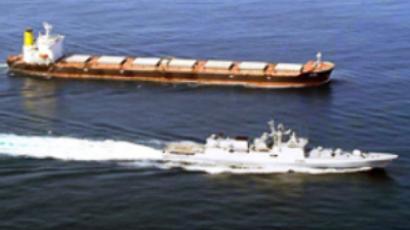UN takes hard stance against Somali pirates
The UN Security Council has adopted a resolution aimed at tackling piracy off the coast of Somalia. Anyone bringing weapons into the country could now have their assets frozen and face travel restrictions.
Unlike Hollywood's portrayal, modern pirates are a serious and very real threat to international peace and security. So far all attempts to stop them have failed.
The resolution, which has been approved by UN Security Council unanimously, is calling for travel restrictions and an asset freeze to be placed on people and organisations which threaten Somalia's peace and political process, or obstruct humanitarian assistance. Precisely who these sanctions would apply to, no one yet knows.
The Security Council also reaffirmed a UN arms embargo against Somalia in place already for 16 years, yet the country’s permanent representative to the UN Elmi Ahmed Duale says the greatest challenge is lack of security.
“The Transitional Federal Government does not have the security, the capacity to defend and control the entire country as it is. Somalia’s security apparatus lacks adequate equipment, training, and has no financial resources,” he said.
Piracy continues to ravage the waters off the coast of Somalia, where law and order is absent and a functioning government hasn't existed since 1991.
A UN peacekeeping force in Somalia does not exist and some officials say a military operation on land is imminent.
In an exclusive interview with RT, President of Yemen Ali Abdullah Saleh offered his solutions to the problem:
“We want navy, like American, German and Russian fleets, to be present in our region,” he said.
He noted they are willing to cooperate with these fleets to ensure security and stability in the Gulf of Aden, in the Red Sea, in the Indian Ocean, and in the Arabian Sea.
“But piracy won't stop until the international community helps re-build Somalia as a state,” Ali Abdullah Saleh added.
Meanwhile, 120 piracy attacks have taken place in the Gulf of Aden this year alone. The International Maritime Organisation (IMO) says 35 ships have been seized, more than 600 seafarers kidnapped, with nearly half still held hostage. The pirates are still in possession of 14 ships including a Ukrainian vessel loaded with weapons and a Saudi Arabian supertanker carrying 100 million dollars worth of oil.
Addressing the Security Council, IMO Secretary General Efthimios Mitropoulos says more needs to be done.
“We have to act and act fast and with firm determination to rid the world of this modern scourge. A coordinated and cohesive response at the international and national level is therefore necessary for the safety and wellbeing of seafarers”.














